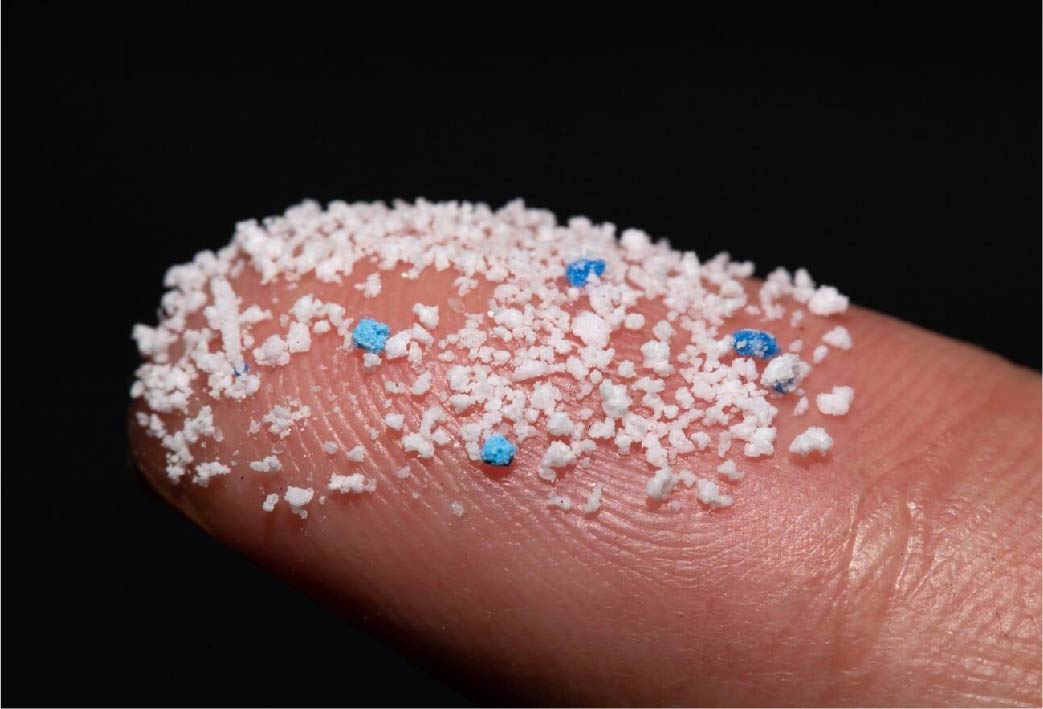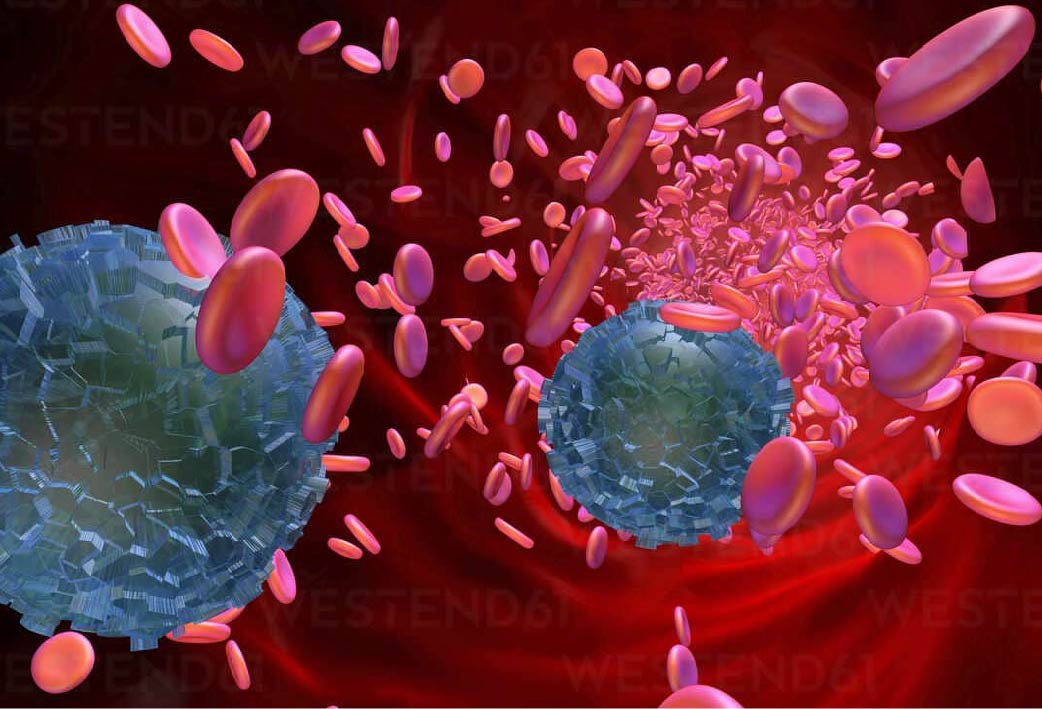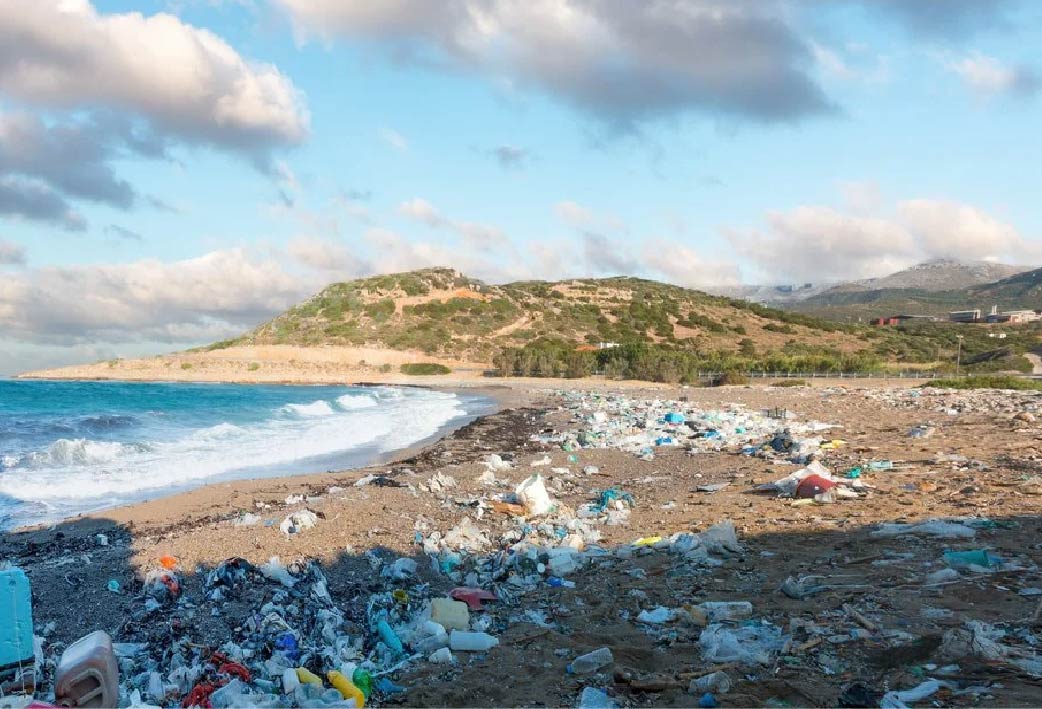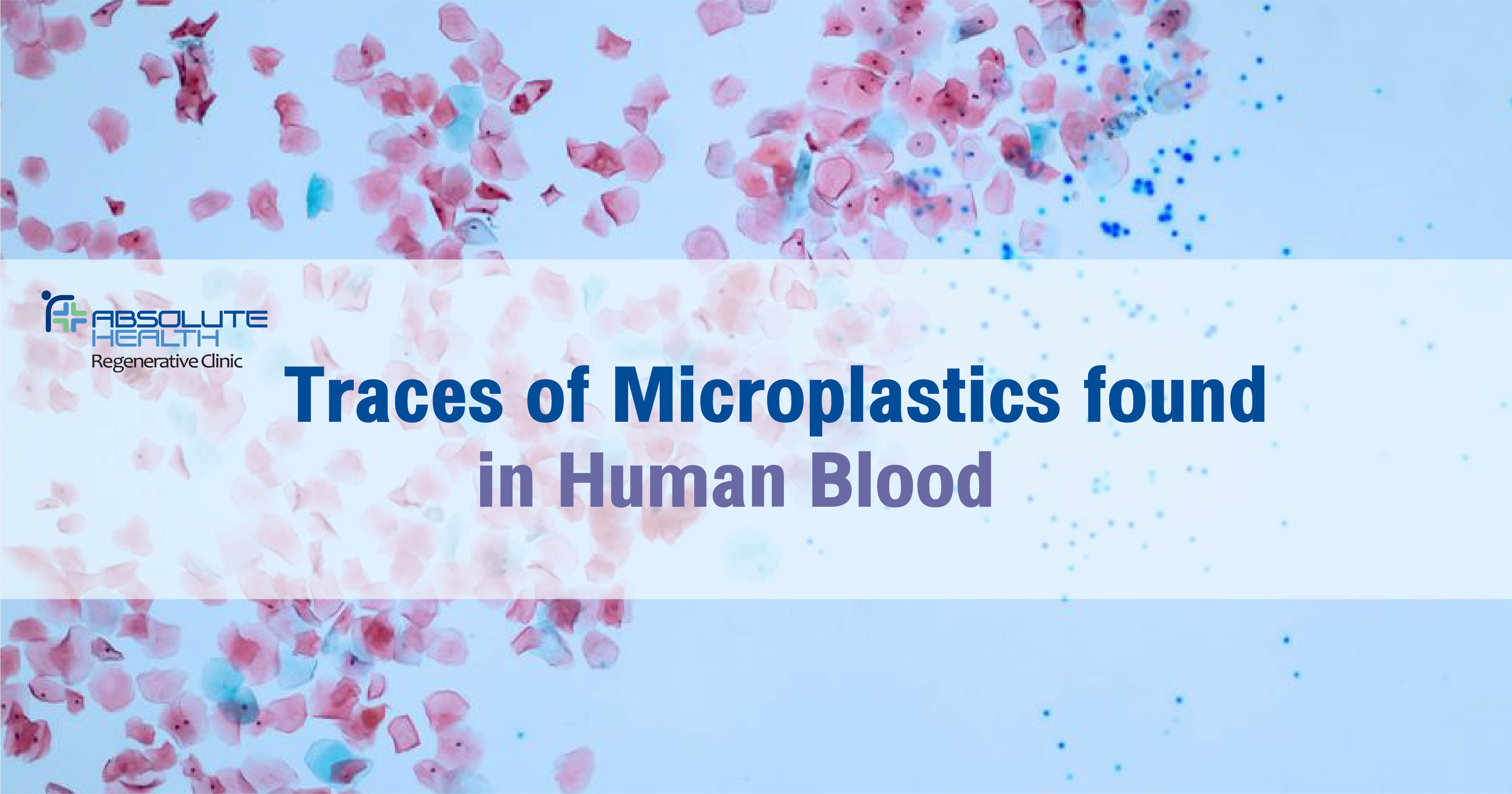Plastics have changed the way we live. According to the National Center for Biotechnology Information (NCBI), annual production is expected to approach 300 million tons. Plastics clearly provide several societal benefits as well as future technological and medical advancements.

Concerns about consumption and disposal, on the other hand, are broad, and include the accumulation of garbage in landfills and natural habitats; physical issues for wildlife caused by ingestion or entanglement in plastic; chemical leaking from plastic items; and the potential for plastics to transfer chemicals to wildlife and humans.

The Guardian recently reported that traces of microplastics were discovered for the first time in human blood in recent research. The discovery demonstrates that the particles can move throughout the body and lodge in organs. The influence on health has yet to be determined. Researchers are concerned, however, because microplastics have been shown to harm human cells in the lab, and air pollution particles are known to penetrate the body and cause millions of premature deaths each year. The microscopic particles were already known to be consumed by food and water, as well as inhaled, and they had been detected in the excrement of both babies and adults.

According to the article, scientists examined blood samples from healthy volunteers and discovered microplastic particles in 50% of PET samples (Polyethylene Terephthalate), which is commonly used in drink bottles, as well as 1 in 3 nuclear plastics. Polystyrene frames found in food containers and 1 in 4 plastic bags. However, researchers stated that more research is needed to determine the materials' health risks.
Prof. Dick Vethaak, an ecotoxicologist at the Vrije Universiteit Amsterdam in the Netherlands, said in an interview with The Guardian that this study has validated evidence that microplastics were first contaminated with human blood, in each quantity and kind of blood sample requested. Certain aspects, such as consuming drinks from a cup with plastic materials or wearing a plastic mask, may alter as a result of an individual's short-to-long-term plastic-touching behavior. This study also discovered that nearly 8 out of 10 people examined had plastic particles in their blood, but it is impossible to say if these particles are at a safe or dangerous level.

Prof. Vethaak further stated that finding microplastics in human blood is concerning since it indicates that they will be transferred throughout the body, and that a recent study discovered 10 times more microplastics in newborns' intestines than in adults. Microplastics are more dangerous to children and newborns than they are to adults, and this can have long-term consequences. As a result, there is a need to broaden the sample group in order to collect more data to determine the effects of exposure and whether it poses a public health danger.
References:
- https://www.theguardian.com/environment/2022/mar/24/microplastics-found-in-human-blood-for-first-time
- https://www.bangkokpost.com/world/2285254/microplastics-found-in-human-blood-for-first-time-study-says#group=nogroup&photo=0
- https://www.independent.co.uk/.../microplastics-human...
- https://www.theguardian.com/.../microplastics-found-in...
- #Brief #TheMATTER




Sign In
Create New Account